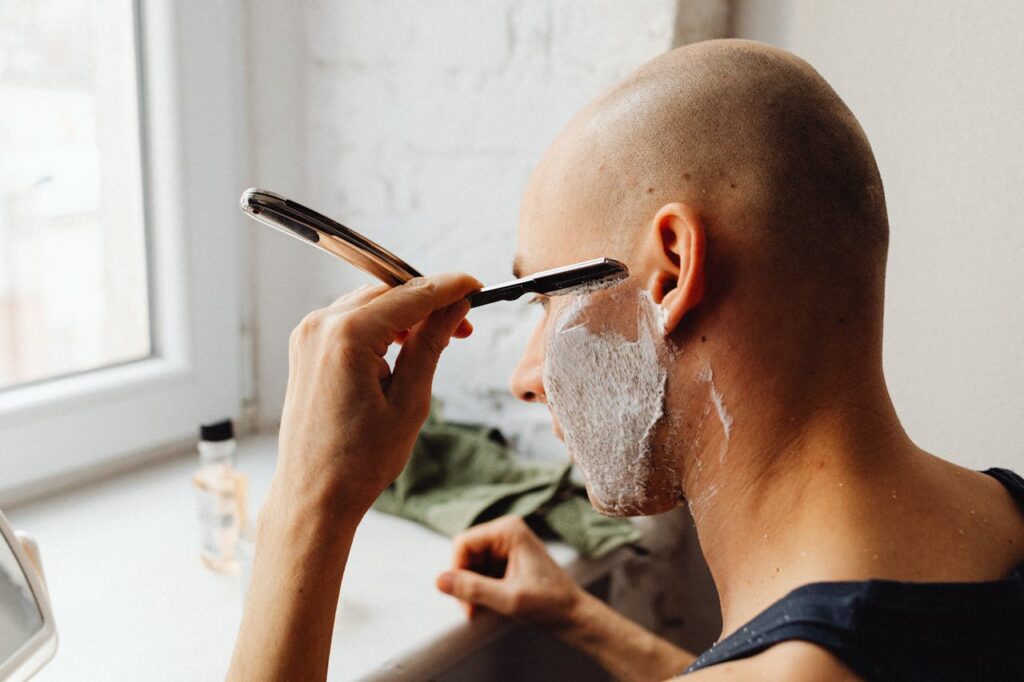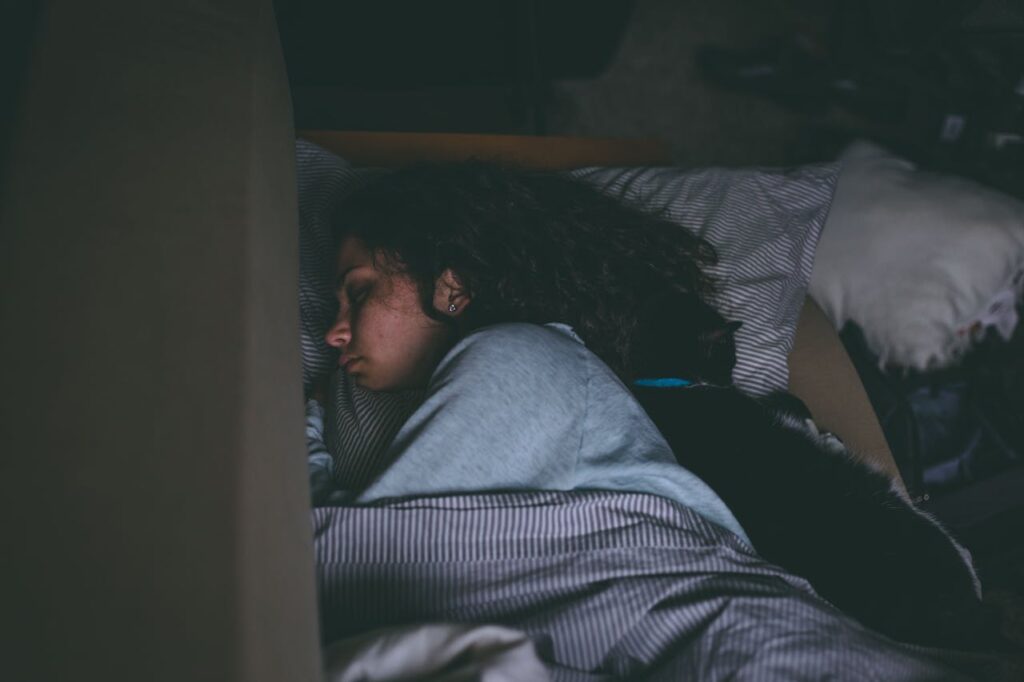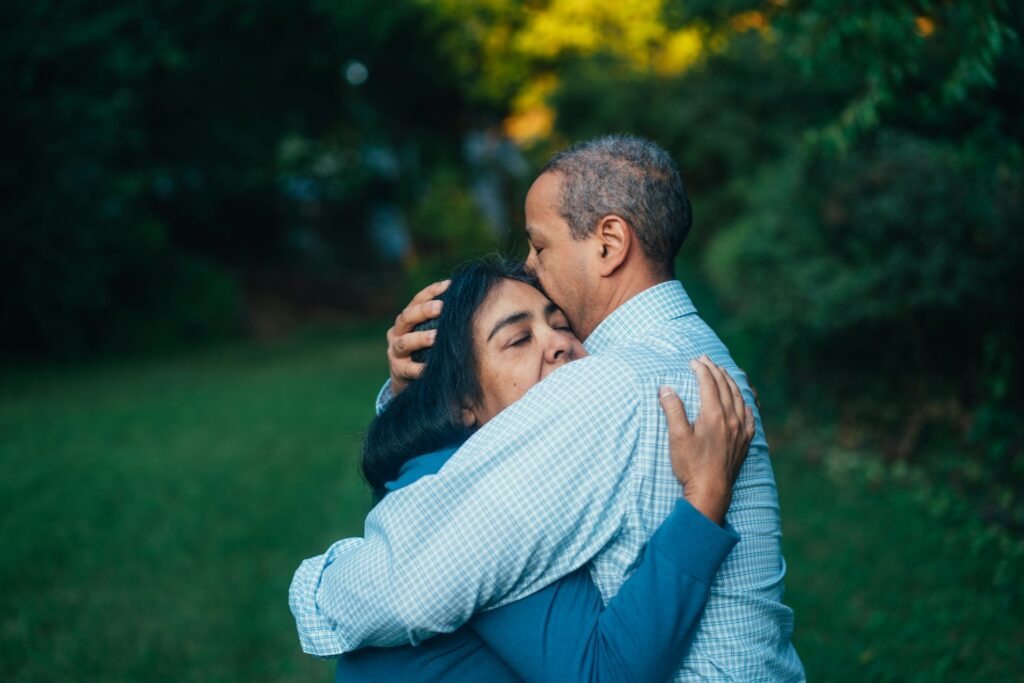Coping With Social Anxiety and Finding Success in Recovery

Recovery is not only about breaking free from substances but also about regaining confidence in daily life. Many people struggle with social anxiety during this process, and finding ways to manage it makes sobriety more sustainable. The good news is that real strategies exist that can ease the pressure of social situations and create room for personal growth. For those looking for trusted support, detox centers in San Fernando Valley provide a safe starting point while guiding clients toward long-term change. Coping with social anxiety is possible with structure, practice, and professional help, and success in recovery becomes more than an idea—it becomes reality.
What Is the Root Cause of Social Anxiety?
Social anxiety often stems from a mix of genetics, environment, and lived experiences. Trauma, addiction, and mental health conditions can heighten feelings of fear in social situations. Learning how to deal with social anxiety means identifying these roots and addressing them directly. Many clients benefit from structured care, and our inpatient detox San Fernando Valley offers the first step toward stability by reducing the physical burden of substances. When the body is stabilized, it becomes easier to focus on coping with social anxiety disorder through therapy, healthier routines, and medical guidance.

How Can a Routine Reduce Anxiety in Recovery?
Daily structure limits the uncertainty that fuels anxiety. A set schedule for sleep, meals, and exercise allows the brain to relax, knowing what comes next. Clients who learn how to deal with social anxiety in public often start with predictable environments before moving into more challenging ones. This is why many treatment programs focus on building a routine. Within these plans, our relapse prevention program California ensures that triggers are identified early, making anxiety easier to manage. Structure also supports coping with social anxiety at work, where deadlines and meetings can otherwise feel overwhelming.
Simple Elements of a Strong Routine
A structured day gives the mind less room to spiral. Building predictable habits helps keep stress under control. These steps make routines more effective:
- Wake up at the same hour daily, even on weekends, to reset the body clock.
- Schedule three balanced meals at consistent times to avoid sugar crashes that worsen tension.
- Add 30 minutes of light exercise or walking each morning to set a positive tone.
- Plan downtime in the evening with calming activities like reading or stretching instead of screens.
- Use a daily planner to write out tasks and reduce last-minute decision-making.
- Keep a consistent bedtime routine, such as dimming lights and lowering noise one hour before sleep.
- Limit unstructured time since gaps in the schedule often increase rumination.

What Is the 333 Rule for Social Anxiety?
The 333 rule—naming three things you see, three things you hear, and moving three parts of your body—is a grounding technique that helps redirect attention away from racing thoughts. It is simple, discreet, and can be used in public without drawing attention. This tool is especially valuable for coping with severe social anxiety, where symptoms can escalate quickly. Clients in treatment often practice it during therapy and report less panic in stressful situations. At our dual diagnosis treatment center Los Angeles, mental health professionals teach strategies like the 333 rule to address both addiction and anxiety simultaneously, creating a stronger path toward overcoming social anxiety.
When to Use This Technique
This grounding tool works best when it becomes second nature. Practicing often makes it easier to use under pressure. Ideal situations include:
- Before entering a job interview, one can reduce racing thoughts and appear more confident.
- Walking into a crowded supermarket, where noise and movement trigger discomfort.
- Sitting in a waiting room filled with strangers to calm nerves before an appointment.
- During a tense family discussion, when emotions are high and focus is slipping.
- Standing in line at a busy café or store to prevent spiraling into self-consciousness.
- After waking from a stressful dream that lingers and causes unease.
- Right before a therapy session, ground attention and prepare for open conversation.

How Does Physical Activity Improve Recovery?
Exercise reduces cortisol, improves mood, and gives clients a natural outlet for stress. Regular activity supports coping with social anxiety in social settings because it builds self-esteem and decreases physical symptoms like rapid heart rate. Many people discover that going for a run or attending a fitness class before a social event makes interactions easier. At our outpatient rehab San Fernando Valley, fitness and wellness programs are integrated into recovery so clients can learn how to deal with social anxiety at work and at home with a stronger emotional balance.
What Helps With Social Anxiety on a Daily Basis?
Simple lifestyle choices often make the biggest difference. Limiting caffeine and alcohol substitutes prevents jittery feelings that mimic anxiety symptoms. Prioritizing quality sleep restores mental clarity, and mindful eating stabilizes energy throughout the day. Tips for coping with social anxiety include practicing relaxation before social events and limiting exposure to overly stimulating environments. At our residential treatment Los Angeles, clients are introduced to these practices in a supportive setting where small wins are celebrated. These daily habits help transform coping with social anxiety into a normal part of recovery life rather than a constant struggle.
Lifestyle Choices That Make a Difference
Day-to-day decisions have a direct impact on how manageable social pressure feels. Strengthening these habits makes everyday life easier:
- Drink at least eight cups of water to stay hydrated and prevent headaches tied to stress.
- Eat whole foods like oats, lean protein, and vegetables to maintain stable blood sugar.
- Avoid high doses of caffeine, which can mimic anxiety by speeding up the heart rate.
- Set aside 15 minutes of quiet reflection or journaling to clear racing thoughts.
- Practice short breathing exercises before social events to steady the body.
- Choose smaller gatherings when possible to practice skills in a safer setting.
- Prepare conversation topics in advance to lower the pressure of silence.
- Keep a sleep schedule of 7–9 hours nightly since fatigue intensifies anxious thinking.

Why Does a Support Network Matter?
Recovery thrives in community. A strong, sober support system allows clients to practice new coping strategies in safe, nonjudgmental environments. Learning how to deal with someone with social anxiety is part of what loved ones gain through education and open communication. Support groups for social anxiety can also be vital because they provide a space where people relate to shared experiences. Within treatment programs, group therapy for addiction treatment serves as both accountability and practice, giving clients a chance to learn from peers while also teaching them about coping with social anxiety in social settings with confidence.
Ways to Strengthen Connection
Building healthy relationships reduces isolation and encourages practice in safe spaces. These actions make support stronger:
- Join a local peer group where shared experiences create understanding.
- Stay consistent with meetings or group check-ins to form accountability.
- Use video calls to connect with friends or mentors when in-person meetings aren’t possible.
- Share specific goals with close contacts so they can provide encouragement.
- Offer to support others with small acts, which creates mutual trust.
- Keep boundaries clear by avoiding people who trigger stress or negative behavior.
- Attend structured programs that encourage practicing social skills in a safe environment.
- Celebrate progress with supportive people to reinforce positive change.

Can Someone With Social Anxiety Be Successful?
Success in recovery does not require perfection. People with social anxiety can build fulfilling careers, strong relationships, and stable lives when given the right tools. The key lies in combining professional care with lifestyle changes that last beyond treatment. For many, joining a family therapy in Los Angeles CA, brings loved ones into the process, creating understanding and lowering social pressure at home. Clients also benefit from joining a social anxiety support group or practicing in group therapy for social anxiety, where real-world skills are developed. Coping with social anxiety at work becomes possible when small steps turn into lasting patterns, proving that success is within reach.
Finding Strength While Coping With Social Anxiety
Coping with social anxiety during recovery takes patience, structure, and daily practice, but progress is possible for anyone willing to put in the effort. Small choices like keeping a steady routine, staying active, and surrounding yourself with safe people build confidence over time. Success is not about avoiding fear but about proving to yourself that you can step forward even when the fear is present. Each attempt makes the next one easier, and those small wins add up to real change. If you or someone you love is ready to take the next step toward stability and healing, Tranquility Recovery Center is here to help. Contact us today and discover the support you need to grow stronger every day.
You Have Questions
We Have Answers
At Tranquility Recovery Center, we offer treatment for a wide range of addictions, including alcohol, opioids, prescription drugs, and illicit substances. Our team tailors each program to meet individual needs, focusing on both the physical and emotional aspects of recovery.
At Tranquility Recovery Center, we offer treatment for a wide range of addictions, including alcohol, opioids, prescription drugs, and illicit substances. Our team tailors each program to meet individual needs, focusing on both the physical and emotional aspects of recovery.
At Tranquility Recovery Center, we offer treatment for a wide range of addictions, including alcohol, opioids, prescription drugs, and illicit substances. Our team tailors each program to meet individual needs, focusing on both the physical and emotional aspects of recovery.